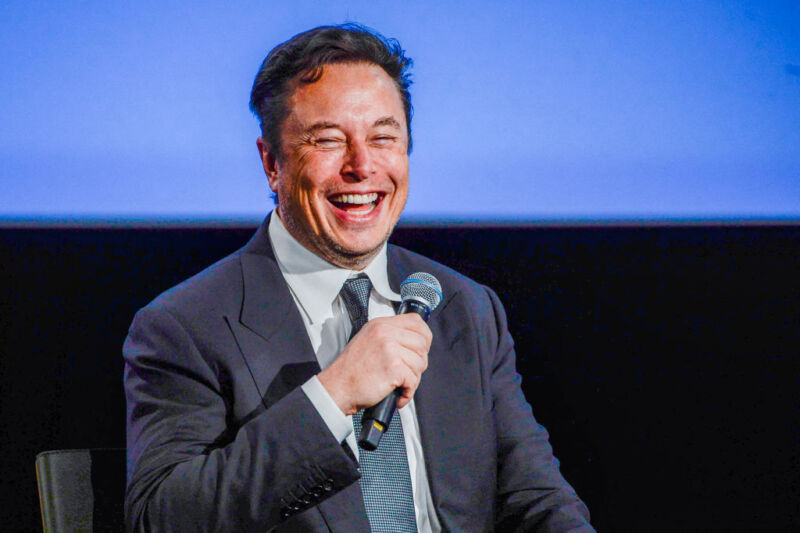Musk trolls senator demanding answers on Twitter fake-account scandal

Unlike brands like Nintendo and Eli Lilly, Senator Ed Markey (D-Mass.) knew who was behind the parody account recently impersonating the lawmaker on Twitter. Washington Post reporter Geoffrey Fowler had asked permission to create the fake Markey account, part of the reporter’s quest to see how hard it could really be to impersonate a public official under Elon Musk’s new paid verification system.
What Fowler found was that it wasn’t hard at all to launch a fake Markey account. As soon as Fowler confirmed the ease with which any public official could be impersonated, an outraged Markey used his real Twitter account to call out Musk for allowing the impersonation because he favors “putting profits over people and his debt over stopping disinformation.”
Musk took almost two days to respond to Markey, opting to troll the Senator rather than take the complaint seriously.
“Perhaps it is because your real account sounds like a parody?” Musk tweeted.
The fake Markey account has been taken down, but that clearly did not settle the matter, and now Musk poking fun at the senator could have consequences that go beyond a tweet thread.
Markey has chosen to wield a bigger platform than the one Musk owns to compel answers from Musk on the fake account fiasco of the past week. Attached to Markey’s tweet was an official letter the senator wrote to Musk, demanding that Musk provide answers to Markey’s key questions about Twitter by the day after Thanksgiving. Some of Markey’s questions are ones that everyone has been wondering since Musk’s Twitter Blue rollout failed so spectacularly that it had to be paused.
Markey’s list of questions for Musk includes an attempt to get details on how exactly the paid-for blue checkmark verification differs from the original verification process. Also, perhaps more importantly, he asks Musk if the paid verification system will be coming back.
What Markey really wants to know is whether Twitter ever had some sort of internal process planned to distinguish between fake accounts and real ones. If Musk says that they did, Markey wants to know why The Post reporter was able to create a fake account in spite of those processes. If Musk says they did not, Markey wants to know if any new verification system that Musk has plans to reintroduce will have an internal process to prevent fake accounts from ever getting that deceptive blue tick.
Markey’s letter asks Musk to respond by November 25, reminding Musk that “[a]llowing an imposter to impersonate a US Senator on Twitter is a serious matter that you need to address promptly.”
Markey did not immediately respond to Ars’ request for comment, and Twitter’s communications department has reportedly been shuttered.
Markey adds to scrutiny on Musk’s Twitter deal
After Musk’s flippant response to Markey’s call out, Markey pushed back, tweeting, “One of your companies is under an FTC consent decree. Auto safety watchdog NHTSA is investigating another for killing people. And you’re spending your time picking fights online. Fix your companies. Or Congress will.”
In his letter, Markey said that Musk’s changes to Twitter verification risks undermining “the ability for users to be critical consumers of news and information on the platform, including from public officials,” which risks “the spread of disinformation.”
As Markey pointed out, Musk already faces federal scrutiny from the FTC, and last week, US President Joe Biden suggested that Musk’s Twitter purchase “is worthy of being looked at,” due to national security concerns over Musk’s ties to foreign countries. Ruffling Markey’s feathers doesn’t seem to do Musk any favors as scrutiny compounds—especially since Markey sits on the Senate Commerce committee and already has a reputation as a formidable tech industry watchdog.
https://arstechnica.com/?p=1897605